Immunity Treatment and Control of Parasitic Diseases of Livestock
Livestock rearing is one of the viable income generating business of rural people. They are getting income by way of milk, meat, wool, leather, manure etc. However, the productivity of livestock is affected by various diseases caused by bacteria,
viruses, parasites etc. The parasitic diseases which occur in clinical or sub-clinical form inflict losses through mortality, morbidity, inefficiency of production and by way of costs incurred on treatment and control. Despite the availability of a number of powerful and effective drugs for treating important parasitic diseases of livestock, there is pressing need for adaptation of alternative control measures including the development of successful antiparasitic vaccines. The most important reasons for this are development of resistance by parasites against many of the previously as well as newly developed drugs; associated problem of drug residues in milk, meat and increased concern for environmental pollution especially that caused by use of ectoparasiticides. Despite these associated problems, chemotherapy and chemoprophylaxis are still the most effective weapon for fighting the menace of parasites and the situation will remain similar in the near future. In this book which has been written in a very simple language an attempt has been made to present a review of various immune mechanisms in parasitic infections/ infestations, some methods of isolating and purifying parasitic antigens for use in vaccination trials and immunodiagnostic tests, besides the information on
availability of successful antiparasitic vaccines in various parts of the globe. In addition to this a comprehensive review of various antiparasitic drugs which are used for treatment and control of parasitic diseases of livestock is also presented
along with topics on anthelmintic resistance and general methods of control of ecto and endoparasites.
Get it now and save 10%
BECOME A MEMBER

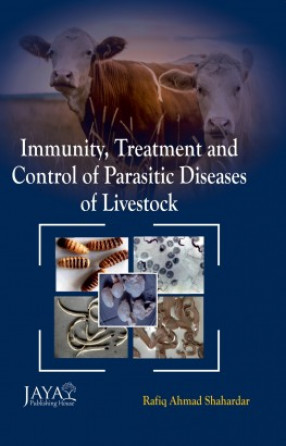
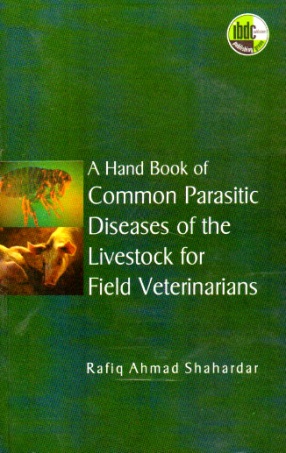
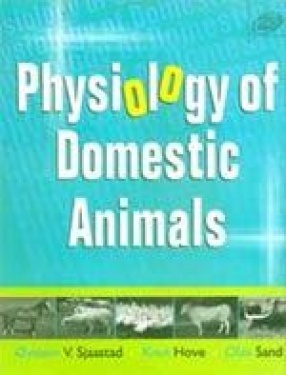
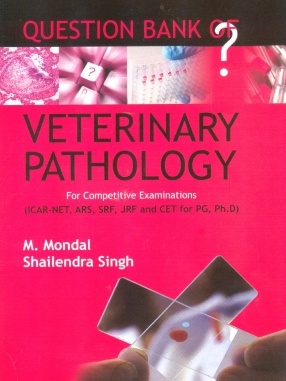
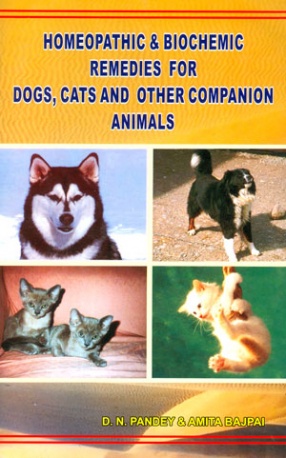
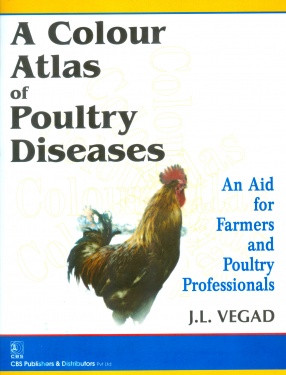

Bibliographic information